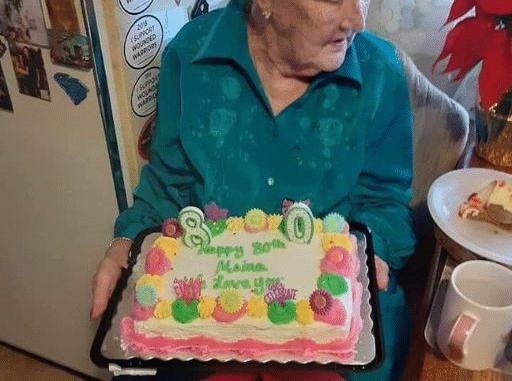
I answered an ad for “light chores and good chat” with an elderly client and walked straight into Adelaide Crane’s slow-burning revenge. The hilltop house felt half-haunted, the grandsons treated her like scuffed furniture, and every door seemed to sigh when I passed. One afternoon, pruning roses, she pressed a brass key and a sealed envelope into my hand: “Tomorrow night, help me remove the rot.”
At two a.m. sharp, a rattling van idled behind the greenhouse while Adelaide—ninety and suddenly spry—slipped out with a single suitcase. We drove to a shuttered motel where she revealed bundles of cash, century-old deeds, and a velvet pouch she called “insurance.” Her last instruction: return at dawn and tell the boys she was gone.
I delivered the performance of a lifetime—tears, trembling voice, the works. Devin and Marcus barely glanced up from their game controllers; one muttered, “Well, she was old,” the other asked about the will. Two days later I marched back in with a notary and the will Adelaide had hidden behind a dusty oil painting. Every brick of the mansion, every gemstone, every hidden dollar skipped the grandsons and landed instead on a single-mothers nonprofit, an animal-rescue auction, the housekeeper’s daughter, the librarian who climbed the hill with books, and on me.
The boys raged, then vanished within seventy-two hours, leaving pizza boxes and curses behind. Adelaide—now “Addie” on sea-glass postcards—settled into a sunlit beach cottage with a rescue dog named Buttons and a cane she rarely uses. I used my share to launch the Porchlight Project, pairing lonely elders with willing companions. Sometimes family is the people who choose to stay; sometimes freedom is the courage to walk away from those who never did.